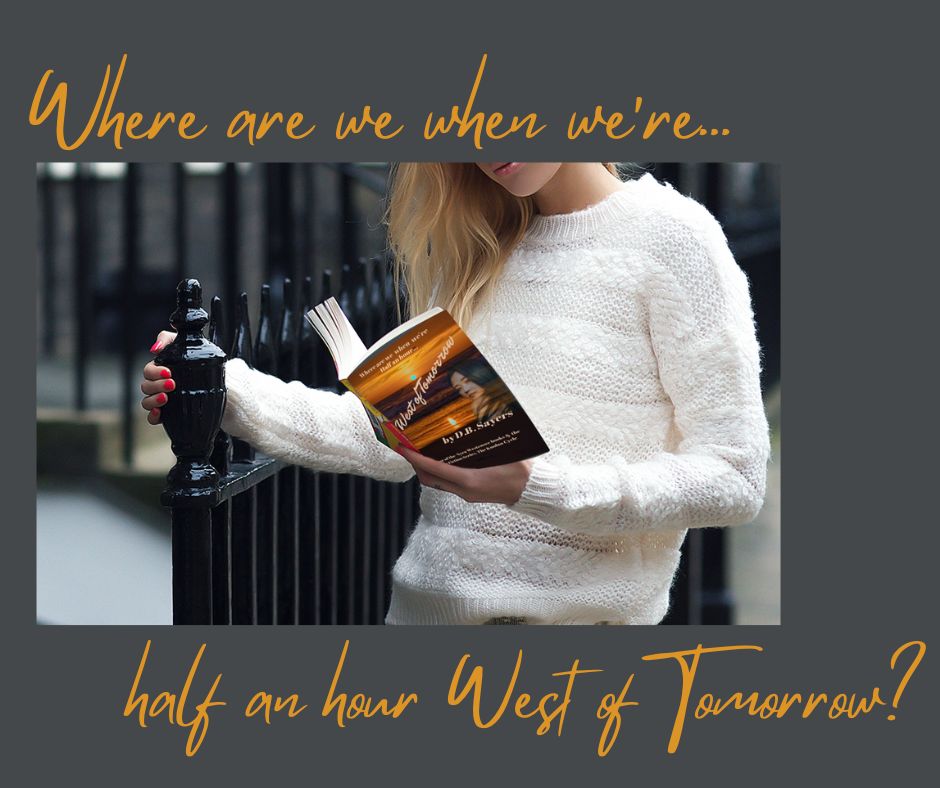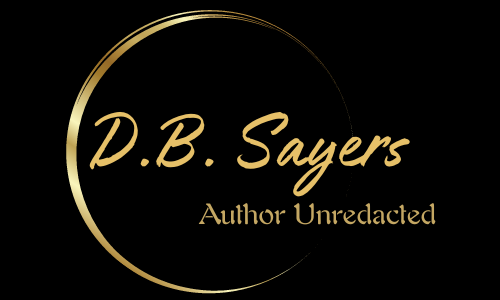
Romance-Dream Versus Reality
People who know me well know that my writing focuses on contemporary fiction and science fiction—both of which come at you with a dollop or two of romance and a liberal twist of eroticism. I also periodically contribute to Medium, an online magazine devoted to—well, whatever interests you.
This matters only because a cadre of (mostly) women regularly write about gender relations…and why men are failing in romantic heterosexual relationships. Reading these posts on a regular basis leads the attentive reader to infer women—at least a lot of them on Medium are (at best) disillusioned with men.
- What is healthy masculinity?
- The Truth About Men and Their Minimum Efforts
- The NFL Made $330 Million Off Taylor Swift Without Her Consents
What the foregoing articles all had in common was that men just don’t get it and women are fed up with it. A couple articles in the same daily issue made an effort to be helpful.
- Why Nice Guys Get Ghosted (written by a man)
- Why She Really Said No …and What You Can Do About It (written by a woman)
So, before I go a step further, I would be remiss if I discounted the observations women often make about their own experiences with men. I’ve seen too many examples of my own to be dismissive. Nor is it much of a struggle for thoughtful men to understand why women are sick of it.
The Romance Divide
You don’t have to be obsessively tuned in to what’s going on in the “dating world” today to get the general sensing that the needle has moved. Whether that’s a good thing or a bad thing depends on your perspective.
On the part of men, you don’t have to spend much time discussing dating today to get the impression that a number of men attribute the real problem to inflated expectations on the part of women. Feminine hypergamy, I believe, is the technical term. And depending on who you ask, it’s apparently still a thing.
My gut feeling is that as women have acquired a greater measure of financial self-determination, hypergamy may be less common today than it used to be. What more likely is that women’s standards have gone up and in consequence, more women are less inclined to settle. To the rejected man, that may look like hypergamy, rather than higher standards.
From the perspective of a non-college educated male—especially if he lacks technical skills that are in high demand—whether it’s hypergamy or just higher standards doesn’t affect his lived experience. It’s literally a distinction without a difference. A recent article I came across trying to wrap my head around what may have changed tends to suggest that men really do need to up their game.
And there are all kinds of women who will help you out with this, gentlemen…for a price. Just know going in that it’s going to feel like a daunting laundry list. Love Quest Coaching (for example) has a 20-point list of traits that the high-value man has. (Yep—20). Reading the list could be daunting for many.
I’m reminded of a passage in Pride and Prejudice, in which Mr. Darcy, Miss Elizabeth Bennet, Mr. Bingley and the two Bingley sisters are discussing what constitutes an “accomplished woman.” During the discussion, Mr. Darcy opines:
“A woman must have a thorough knowledge of music, singing, drawing, dancing, all the modern languages, to deserve the word; and besides all this, she must possess a certain something in her air and manner of walking, the tone of her voice, her address and expressions, or the word will be but half deserved.”
To which Miss Bennet replies: “I am no longer surprised that you know so few women whom you deem accomplished. Rather I am astonished that you know any.”
Modern day men might echo Miss Bennet’s observation. Women, on the other hand, are likely smiling, muttering under their breath, “Poetic justice. How does it feel, baby cakes?”
The Commoditization of Romance
Some twenty years ago, before online dating sites were riddled with bots, fake profiles and ubiquitous catfishers, I was a single professional who spent a lot of time on the road. I used online dating sites with a fair amount of success by being scrupulously honest about who I was and what I was seeking.
It was still a time-consuming and often frustrating process, in part because many women’s profiles were too general to be helpful in self-qualifying myself as a potential partner. But one of the things that struck me was just how many potential connections were out there. I found myself wondering if both men and women seeking to connect online might eventually become jaded…or paralyzed by the sheer number of options.
I approached online meeting with the notion that I really wanted to meet someone and that the only chance either of us had at clicking was if both of us were honest not only about who we were, but what we wanted. Is it still that way?
Nobody asked me, but…
I think we’re off track. Romance as a constructive part of our reality lives in the borderlands between our dreams and what is possible. Romance is positively charged with the possible. It is a delicate balance between where we are in the moment, where we want to go and who might go there with us.
Romance succeeds long-term when potential partners connect and bond meaningfully with us while paradoxically leaving room for individuality. Ideally, romance continues to inhabit the interludes between the pragmatic, prosaic “business” events of life. It enhances who we are as individuals even as it strengthens the bond we share when we’re together.
We struggle today to find that delicate balance, I think, because we are in the midst of multiple paradigm shifts, happening concurrently. Shifts that have altered our expectations and the traditional roles by which we were accustomed to navigate romantic relations. That’s neither good nor bad. It simply is. What matters is how we respond to those shifting paradigms.
How open are we individually and collectively to new possibilities? Can we choose our own way—even when it seems to be at odds with prevailing thought—without forcing it on others? Can we allow others to go their own way with acceptance and understanding, even when we don’t necessarily agree with their choices? We must learn to do all of those things and more. Neither romance nor love/marriage are dead.
But they are evolving. And we must find a way to evolve and adapt ourselves, even when we opt for the traditional. In the same way we learned to accept the changes accompanying the Industrial Revolution, we must accept and empower without resentment others’ romantic choices—including the choice to opt out—for now or indefinitely.
D.B. Sayers is the author of West of Tomorrow, a last-chance romance woven into a tale of corporate intrigue and of the Nyra Westensee series. The first two books, Best-Case Scenario, Act I of Nyra’s Journey and The Year of Maybe, Act II of Nyra’s Journey all three of which are currently available on Amazon in both paperback and Kindle.

Really enjoyed reading this post thank you for sharing it.
You’re welcome, Leslie.
Hi! I cam across this site for the first time, today. I found this post really useful for me personally. I appreciate the thoughts you expressed in it. Thanks for putting it up. I’ll be back for more.
Thank you, Trudi, for stopping by and taking the time to read and comment. May your Way be smooth!
Big thumbs up for this post! It’s true, isn’t it? We’ve all been sold a dream that doesn’t feel much like what’s going in my world, anyway.
Thanks Anna. I’m sorry your experience has been like that of so many of us. It’s up to us to fix it. Make it a great day.